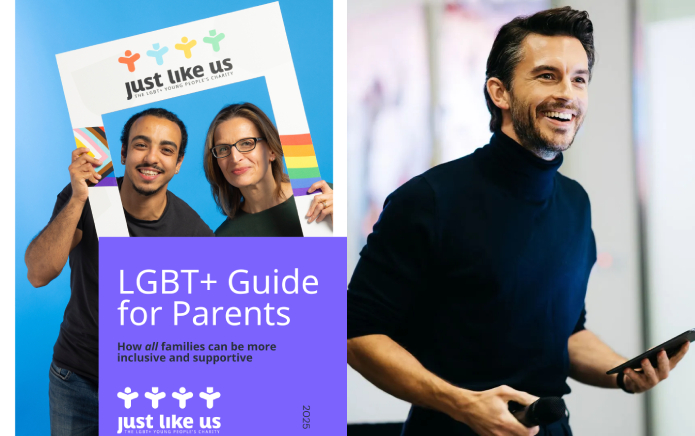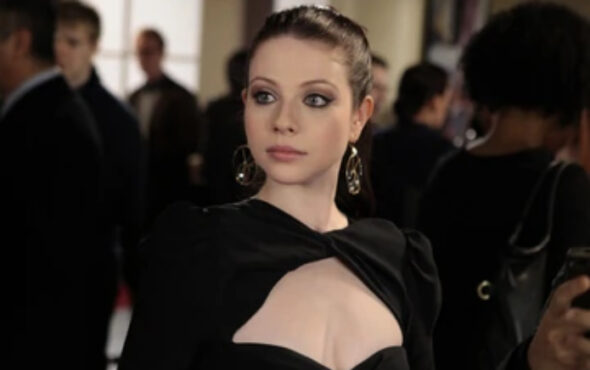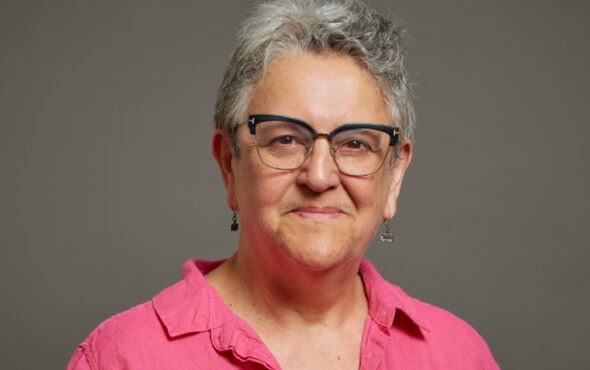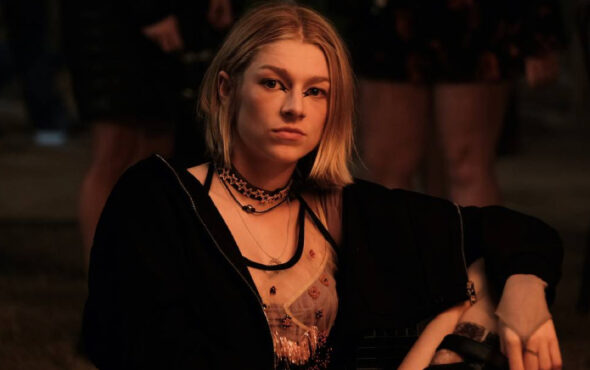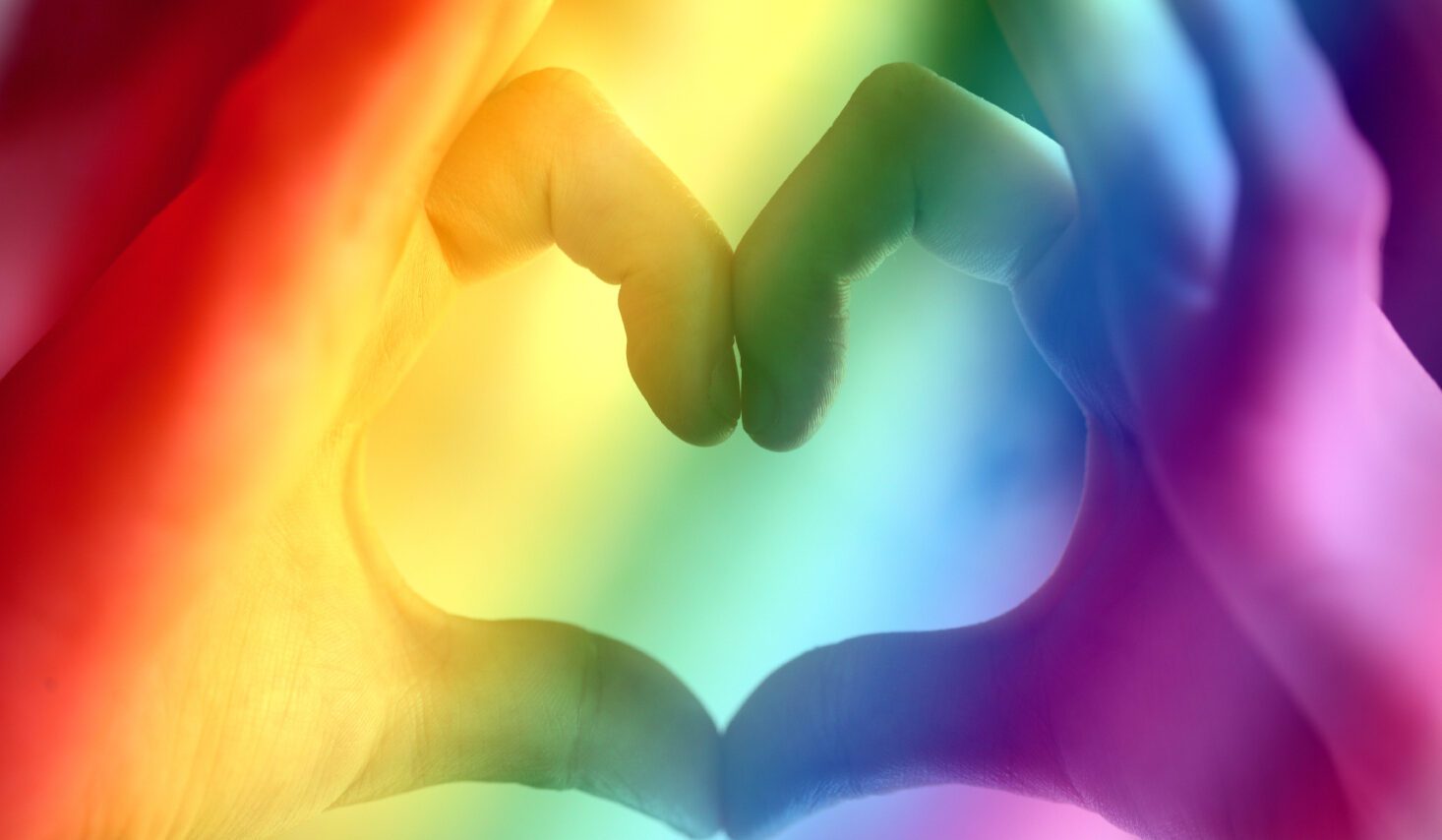
“Being gay is an extracurricular activity,” I joked to one of my straight housemates.
She’d just come back from a hockey social, while I’d been round to my friend Lily’s house for dinner with a few people that we both knew. Nothing too special. I asked my flatmate if she’d made my excuses, to which she replied, “Don’t worry – I told them you were with your queer friends.”
“Your queer friends.” It was a phrase that stuck with me, mainly because I hadn’t thought of it that way. Of course, technically speaking, it was no different to saying “your hockey friends” or “your course friends” or “your home friends”. All are subcategories of friendship which are not necessarily diminishing. But it felt different to me. The associations I had with the phrase “queer friends” conjured up a whole world of chosen families and safe spaces that I’d never directly associated with that particular group of people with before.
University can be an odd place when it comes to forming friendships. I have friends I live with, alongside friends from my course, and friends I’ve made through extracurriculars like the university paper or sports teams. But, as my flatmate had pointed out, I belong to another, more informal group at university – the LGBTQ+ community. Like a university society, we have our own club nights, our own unspoken dress codes, our dramas and our inside jokes. On paper, besides being LGBTQ+, we had very little in common between us. But somehow, we always managed to find one another.
Of course, being part of a particular group makes you noticeable. One of the most popular posts on my college’s anonymous ‘confessions’ Facebook page was entitled ‘third years as freshers’, in which the anonymous poster paired up people they thought were similar. I was paired with a girl whose name I didn’t recognise. Upon further investigation, we had very little in common. Apart from one thing – we were both openly LGBTQ+. It’s not uncommon for things like that to happen to me. On multiple occasions I’ve had friends say, ‘Oh, you’d love XYZ, they’re gay as well, and really cool!’ At the beginning of this year, I had so many people tell me that I should start watching Warrior Nun that I began to strongly suspect there must be queer women in it (spoiler alert: I was right).
Being LGBTQ+, most would agree, is about more than just sexual orientation or gender identity. It is a way of being and knowing. The group of friends that gathered at Lily’s house that night had talked about art, theatre, politics, fashion, climate change, and so much more. It would be strange, and wrong, I thought, to say that the core of our friendship relied only on our LGBTQ+ identities.
Upon reflection, I realised that although I had never thought of myself as having a ‘queer’ friendship group, our queerness had undeniably been at the core of our togetherness and played a hand in forming my own ‘out and proud’ identity whilst at university. I remembered how isolated I’d felt at school, in the closet with no openly LGBTQ+ peers to look up to and very little media representation and felt a rush of thankfulness that having an LGBTQ+ friend group was something that I could now safely contemplate. Then again, I also began to resent the implication that queerness was some kind of extra-curricular activity for which a club was needed, like football or chess.
Gratitude for what I have is necessary. Not everyone has the choices that I do. But still, I couldn’t quite shake the strange feeling that having my friends and I described as a ‘queer group’ in such an offhand, self-evident manner had evoked. It felt as if it put a set of conditions on our connection, and I was also troubled by the thought of our loud, glittery, somewhat ostentatious presentation as a group of friends being seen by other members of the LGBTQ+ community as a necessity for self-acceptance and pride. Essentially, my feelings boiled down to this – I have never called a group of straight friends a ‘straight’ friendship group. They are just friends.
Recently, I’ve begun volunteering for an LGBTQ+ charity called Just Like Us. It’s an incredible organisation which trains its ambassadors to give talks to schools, universities and companies about important LGBTQ+ topics, with an emphasis on diversity and intersectionality. One of the best things about the role has been the unquestioned understanding and acceptance from my fellow volunteers at in-person events. For myself, and many others, it’s been the first time that acceptance is the given norm, rather than a surprise or a tenuous negotiation. The connections that I’ve built are undoubtedly based on a shared desire to help future generations of LGBTQ+ young people. Yet, with the long-term friendships I have now, our connections are based on so much more than that.
The times that I had felt most at ease with my sexual orientation had not necessarily coincided with visibility. Invisibility wasn’t what I desired, either. It was when my identity was nothing special or noticeable, just comfortably there, that I felt most empowered. Being described as a ‘queer’ friend group hadn’t shaken me because I had internalised the idea that I shouldn’t want to be openly associated with queerness. On the contrary, it had reminded me, from within a bubble of joyful banality, that every day for us was, and had to be, Pride.
Authenticity has been sold to me as one-dimensionally ‘loud and proud’. But I feel most at peace when I experience my queerness as mundane – as one of many binding forces between my friends and I. “Hopefully,” one of them commented, lounging on the sofa as I recounted my thoughts to him, “the least interesting thing about us.”
